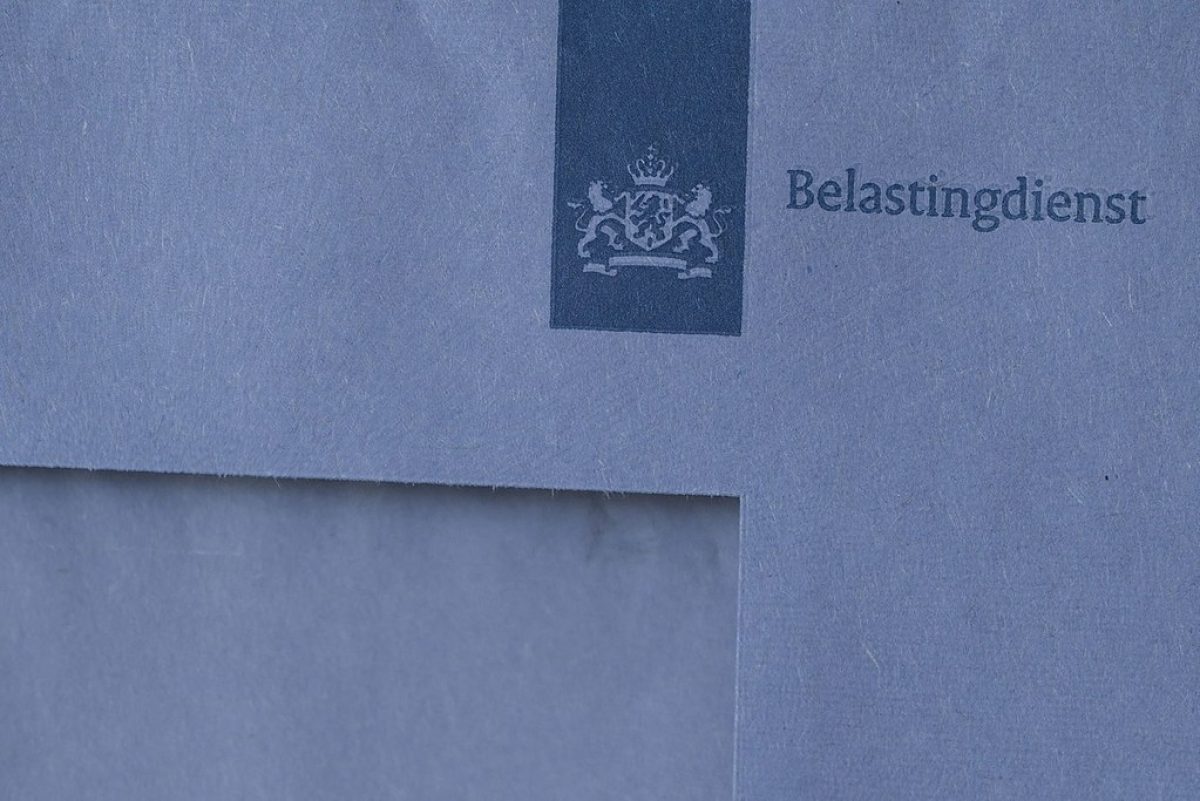Income tax: this is how you report cryptocurrency holdings

12 December 2022

The regulations surrounding crypto are constantly changing. We are often asked how to correctly report cryptocurrency on tax returns. How do I report my crypto assets correctly? What if I forgot to report them in the past? Can I report them retroactively? In this article, we will explain how the Dutch Tax Authorities view cryptocurrencies and how to report them for income tax purposes.
How does the Dutch Tax Authorities view Bitcoin and cryptocurrencies?
The answer to this question depends on your personal situation. Below, we outline some situations and look at their tax implications.
1. I own crypto-assets Cryptocurrency holdings
Like other investments, are taxed in box 3. As the value of assets fluctuates, the Dutch Tax Authorities use one annual moment to determine the value. This is January 1 at 00:00 of the year for which tax must be paid. For reporting income for the tax year 2021, it is the value in euros of all your crypto assets on January 1, 2021, at 00:00. For the most accurate method, you should use the prices from the exchange where you purchased your crypto. Alternatively, Coinmarketcap offers a handy historical price overview. The Dutch Tax Authorities then calculate a fictitious return on the value, which is taxed at 31%.
Important: You only report cryptocurrencies that you owned on January 1 of the tax year. If you acquired crypto-assets during the year, you include them for the first time in the tax return for the following year. For Amdax customers, we make it easy to report their crypto assets. Customers automatically receive a financial statement with the value of all crypto assets on January 1 at 00:00.
2. I am an active trader or miner
If you invest a significant amount of time and/or money in mining or trading/day trading, the Dutch Tax Authorities may see the result as income from other work (box 1), rather than as assets (box 3). Whether the result is taxed as assets or income depends, among other things, on expertise/effort and expected profit. Due to complexity, we recommend consulting a tax specialist.
3. I receive income from interest or staking
What about tax on interest income from staking or lending crypto-assets? Although the Dutch Tax Authorities have not yet explicitly commented on this, the consensus is that it is seen as investing in assets. You should report the value of the staked and lent cryptocurrencies in box 3. A fictitious return is calculated on this value.
4. I receive my salary in crypto-assets
In this case, your employer must convert the cryptocurrency to euros at the time of receipt. This is considered income in kind.
Forgot to report?
Not all crypto investors are aware that they must report their crypto holdings to the Dutch Tax Authorities. You may have started small, but your investment has grown into a significant asset. The Dutch Tax Authorities are clear: you must always report crypto assets. Failure to report may result in a fine, and you must pay the tax owed.
So, what should you do if you forgot to report your crypto assets in the past? You can still report them retroactively. We recommend proactively reporting this. The Dutch Tax Authorities are more lenient when you report it voluntarily, and sometimes waive the fine. You can use the "inkeerregeling" (voluntary disclosure scheme) as follows:
1. Calculate the value of your crypto assets retroactively.
2. If the total value is below the threshold for tax-free assets, you do not need to do anything. On the website of the tax authorities, you can find information about the level of the tax-exempt allowance in recent years.
3. If your total assets exceed this threshold, you will need to adjust your tax return. If your tax assessment has already been issued, you can use the voluntary disclosure program by filling out the "Melding vrijwillige verbetering" form.
Written by Danny Oosterveer, marketing specialist at Amdax.

Our website uses cookies
We use cookies to personalize content and advertisements, to offer social media features and to analyze our website’s traffic. We’ll also share information about your usage with our partners for social media, advertising and analysis. These partners can combine this data with data you’ve already provided to them, or that they’ve collected based on your use of their services.